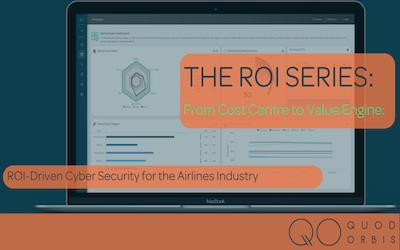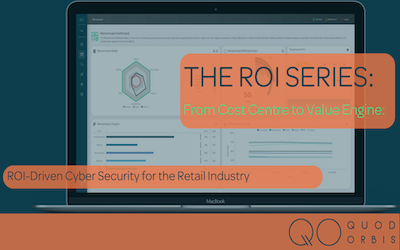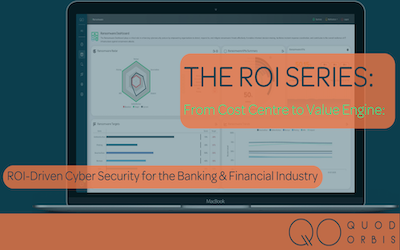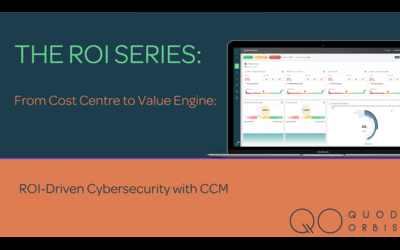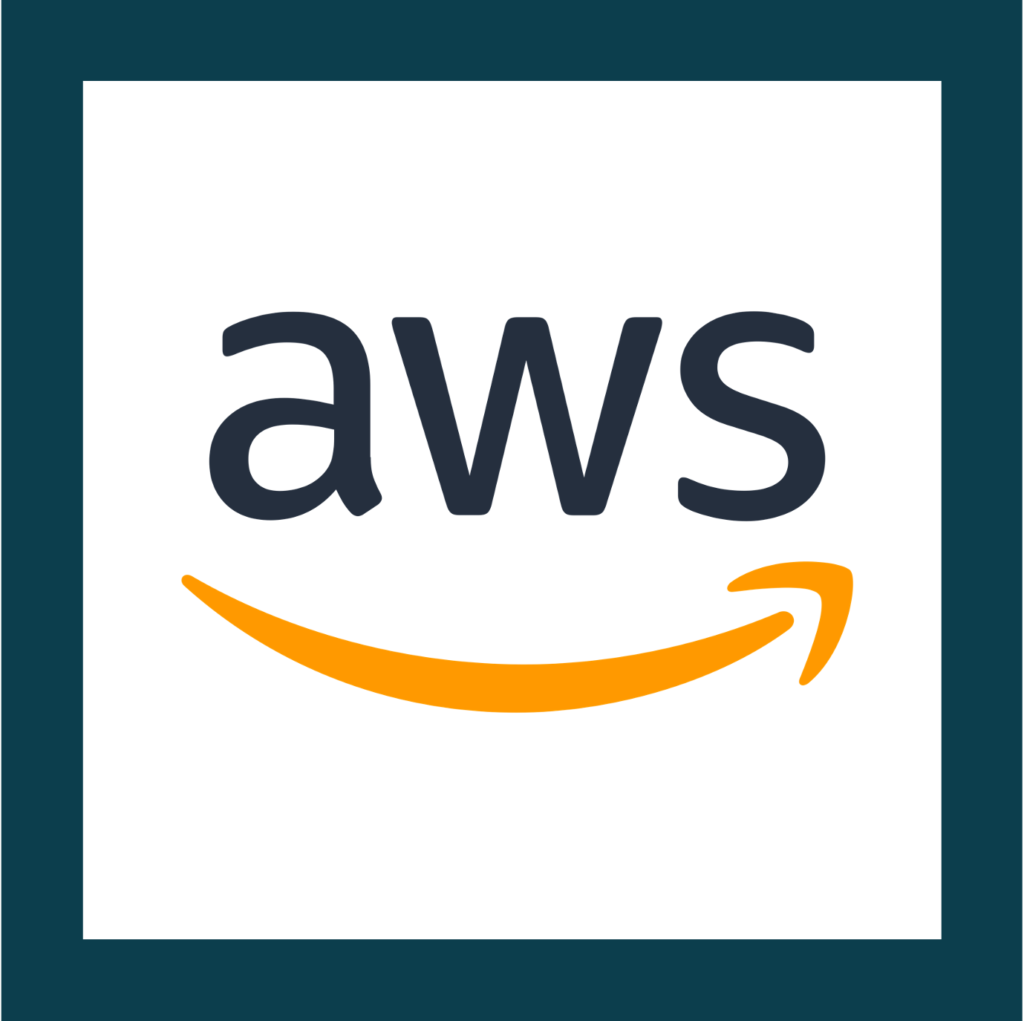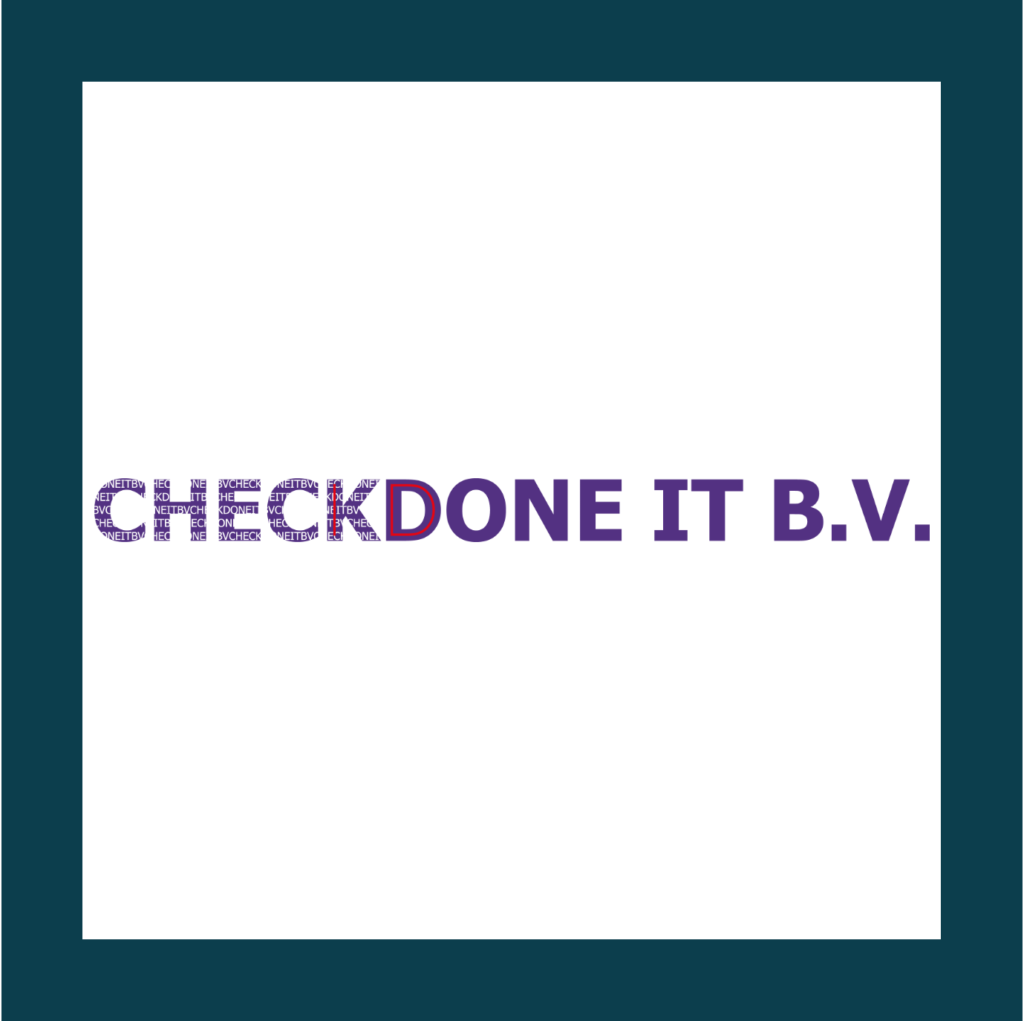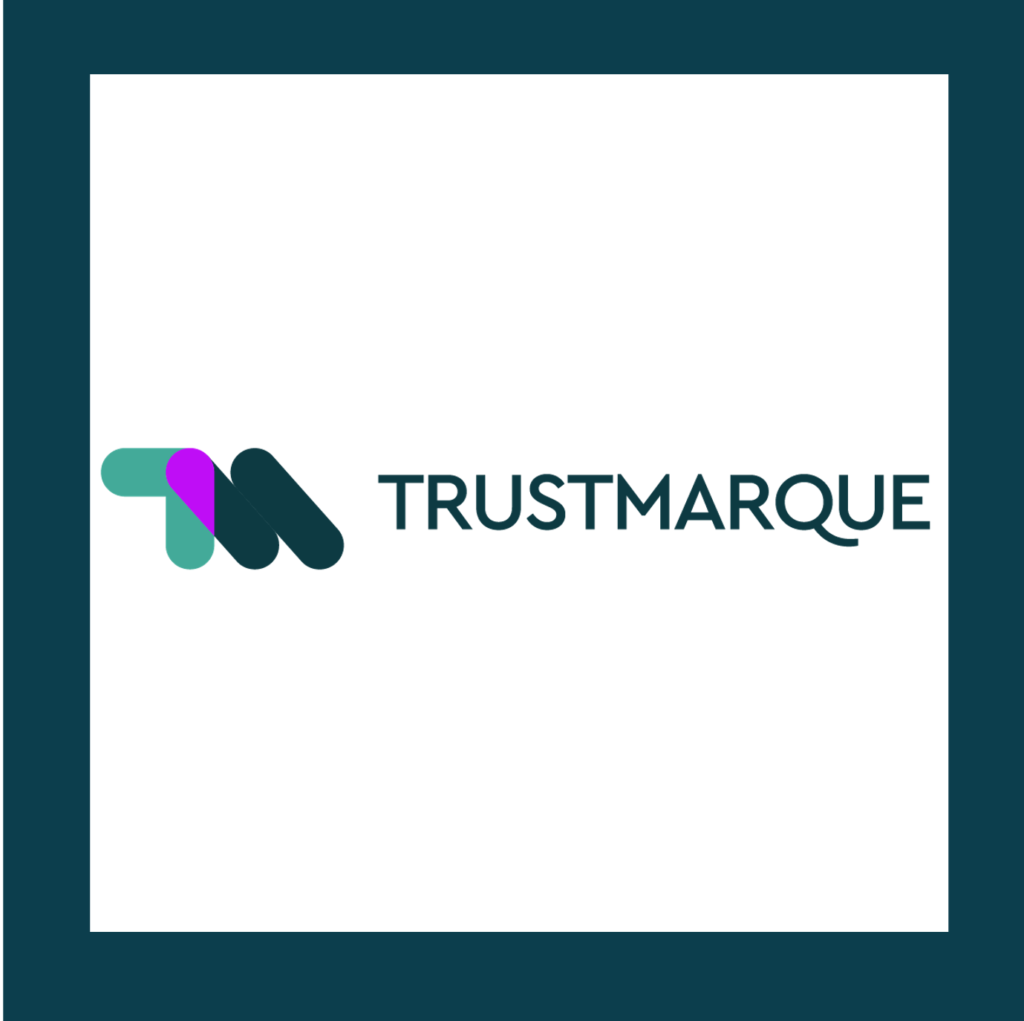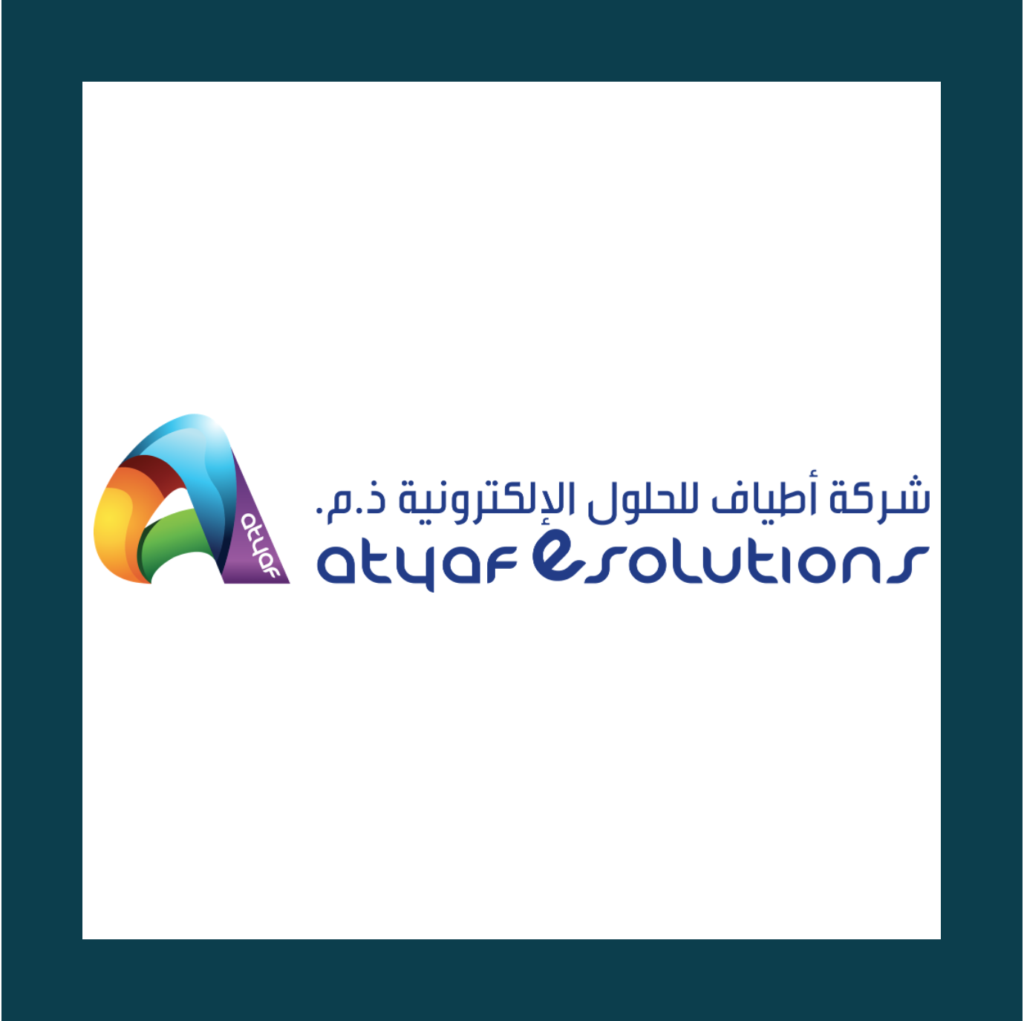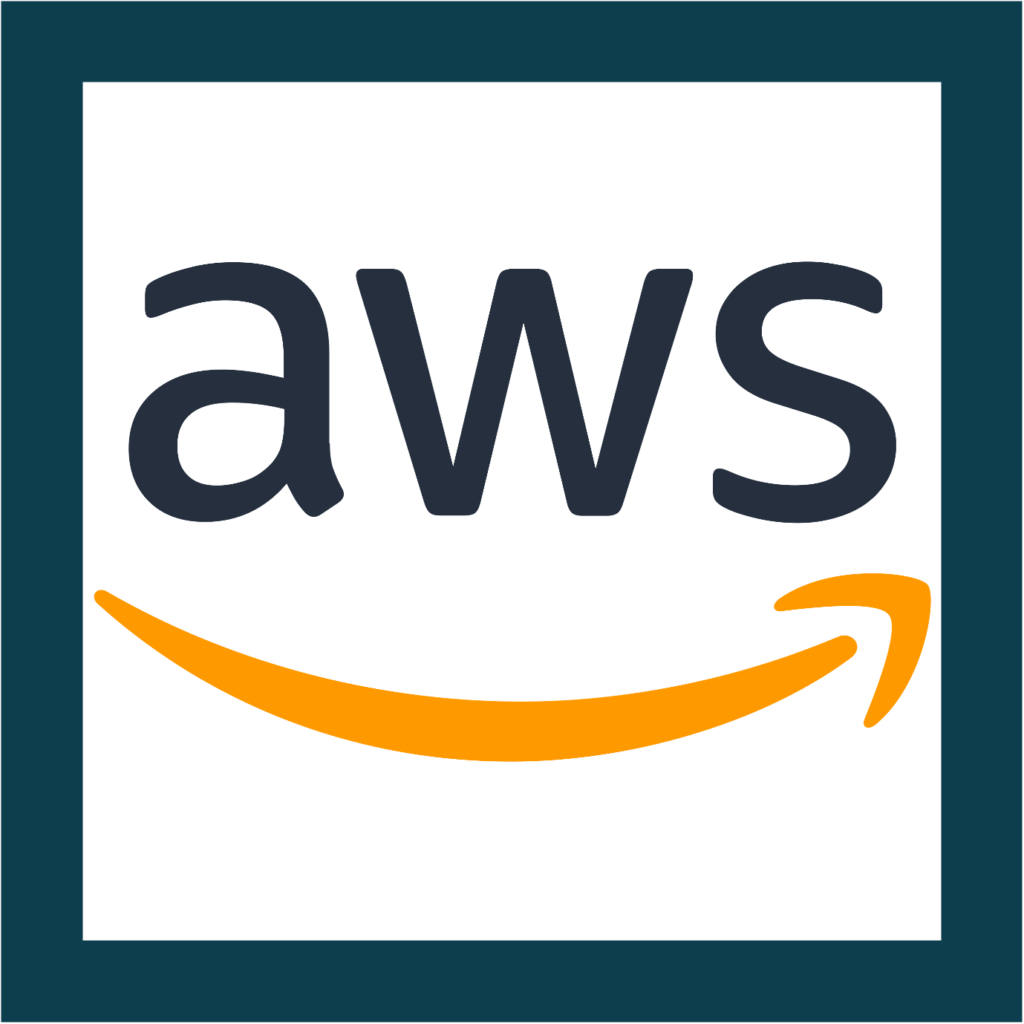How do you Monitor your Cyber Security Risk
Cyber security risk is a growing concern for businesses of all sizes. With the increasing prevalence of cyber attacks, it is essential for organisations to have a comprehensive plan in place to monitor and mitigate potential risks. In this blog post, we will explore the various methods of monitoring cyber security risks and discuss how organisations can best protect themselves from these threats.
What is Cyber Security Risk?
Cyber security risk refers to the potential for an organisation’s data and systems to be compromised by malicious actors. This can include anything from data breaches, phishing scams, malware attacks, and more. The consequences of cyber risk can be significant, ranging from financial losses to reputational damage, legal liabilities, and even physical harm in some cases. Effective cybersecurity measures are essential to manage and mitigate cyber risk.
It is essential for organisations to understand the different types of threats they may face in order to properly prepare and protect themselves.
Why are Board’s Now Focused on Cyber Risk?
The focus of senior leaders in a business has turned toward cyber risk in recent years primarily for two key reasons:
1. Legal Obligations: many countries are now demanding laws that reflect that boards are held accountable for the protection of sensitive information and report on cyber risk. This means that boards have a legal obligation to ensure that their organization is adequately protected against cyber threats.
2. Cyber threats are increasing and evolving: This is a major concern for organisations in recent years. As technology has advanced, so have the capabilities of cyber criminals, making it easier for them to launch sophisticated cyber attacks against organisations of all sizes and types. The increasing frequency and severity of cyber attacks have made cyber risk management a critical issue for boards to address.
Why Monitor Cyber Security Risk?
Monitoring cyber security risks is essential for any organisation that stores or processes sensitive information. By proactively identifying potential threats, organisations can take steps to mitigate them before they become a problem. So, monitoring cyber risk has never been more important; businesses evolve and mature as the threat landscape does.
However, the key reasons to monitor risk are:
1. Financial Loss: Cybersecurity incidents can result in significant financial losses for businesses, including costs associated with data breach investigations, regulatory fines, legal fees, and reputational damage.
2. Intellectual Property Protection: Cybersecurity incidents can lead to the theft of valuable intellectual property, trade secrets, and other confidential information, which can result in lost revenue, lost market share, and competitive disadvantage.
3. Reputation: Cybersecurity incidents can damage a business’s reputation and erode customer trust, which can lead to a loss of revenue and market share.
4. Business Continuity: Cybersecurity incidents can disrupt business operations and result in downtime, which can impact revenue and customer satisfaction. By monitoring cyber risk, businesses can better prepare for and mitigate the impact of cybersecurity incidents, ensuring business continuity.
5. Compliance: Businesses are subject to various legal and regulatory requirements related to cybersecurity, such as the General Data Protection Regulation (GDPR), the California Consumer Privacy Act (CCPA), and the Payment Card Industry Data Security Standard (PCI DSS). Failure to comply with these regulations can result in significant financial and legal penalties.
How To Monitor Cyber Security Risk
There are several methods that organisations can use to monitor cyber security risk:
1) Network Monitoring: Network monitoring involves using tools such as firewalls, intrusion detection systems (IDS) and antivirus software to detect malicious activity on an organisation’s network. These tools can help identify suspicious activity such as unauthorised access attempts or suspicious traffic patterns that could indicate a potential attack.
2) Vulnerability Scanning: Vulnerability scanning involves using automated tools to scan an organisation’s systems for known vulnerabilities that could be exploited by attackers. This type of scanning helps identify weaknesses in an infrastructure that could be used by attackers to gain access or launch attacks against the system.
3) Employee Training: Employee training is an important part of any cyber security program as it helps ensure that employees are aware of potential threats and know how to respond appropriately if they encounter one. Training should cover topics such as identifying phishing emails, recognising malicious links or attachments, and understanding proper password management techniques.
4) Penetration Testing: Penetration testing involves using specialised tools or techniques to attempt to gain unauthorised access to an organisation’s systems in order to identify potential vulnerabilities that could be exploited by attackers. This type of testing should only be conducted by experienced professionals who understand the risks involved with this type of testing and have the necessary skillset required for successful penetration tests.
5) Third-Party Audits: Third-party audits involve having an independent third-party review on an organisation’s system in order to identify any areas where improvements need to be made in order to better protect against potential threats. This type of audit should include both physical and digital components in order to ensure a comprehensive review has been conducted on all aspects of an organisation’s infrastructure.
6) Incident Response Plan: Having a comprehensive incident response plan in place is essential for any organisation looking to properly monitor their cyber security risk levels. An incident response plan should outline the steps that need to be taken if a breach occurs so that it can be addressed quickly and effectively with minimal disruption or damage done to the system or data stored within it.
Conclusion
Monitoring cyber security risk is essential for any business looking to stay safe from malicious actors online. By understanding the different methods available for monitoring these risks, organisations can better prepare themselves against potential threats while also staying compliant with industry regulations and standards such as GDPR or HIPAA.
Also, by enhancing your cyber resilience provides the focus needed on the cyber risks your enterprise has. This means that businesses can really drill down on the high-risk items first that will have the most impact on mitigating the risk.
In essence to understand and mitigate that cyber risk can ultimately only be truly visualised by implementing continuous controls monitoring for a real-time, single source of truth. To find out more about CCM, take a look at our platform here.

